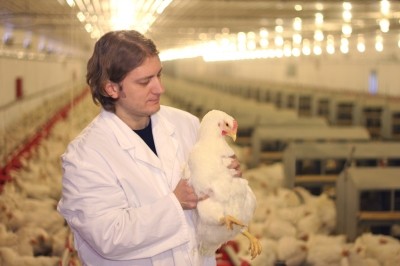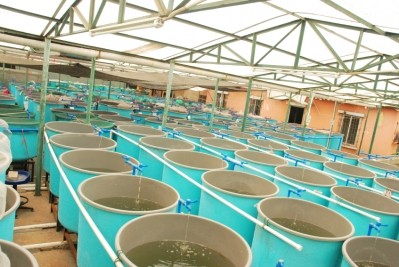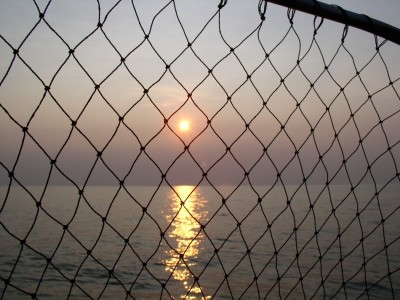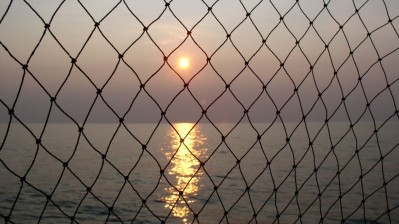Two-thirds of fish to come from fish farms by 2030: FAO
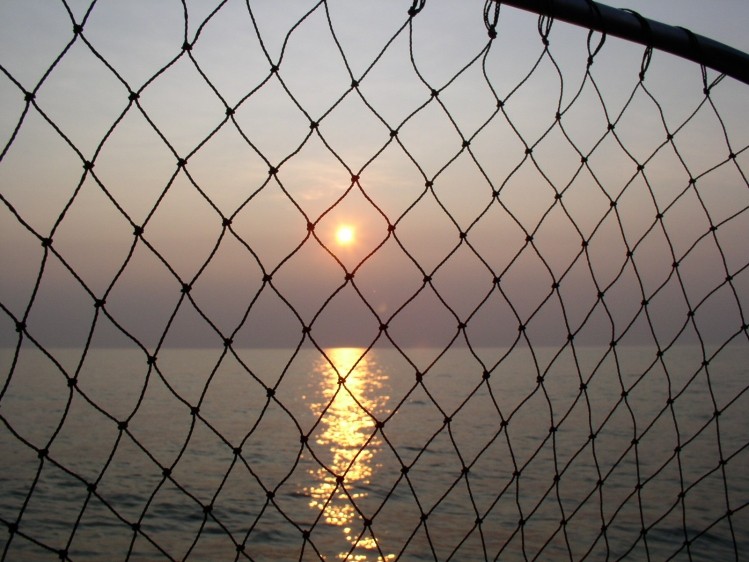
The report is a collaboration between the FAO, the World Bank and the International Food Policy Research Institute (IFPRI) examining the global fish trade. It found that markets were moving toward farmed fish faster than previously expected, with aquaculture accounting for 45% of global fish consumption in 2009 – and expected to reach 62% of the total by 2030.
"The fast-moving nature of aquaculture is what made this a particularly challenging sector to model – and at the same time, embodies the most exciting aspect of it in terms of future prospects for transformation and technological change," said one of the report's authors Siwa Msangi of IFPRI.
"Comparing this study to a similar study we did in 2003, we can see that growth in aquaculture production has been stronger than what we thought."
Capture fisheries – or ‘wild’ fisheries – has increased too, with production increasing from 69m to 93m tonnes over the past three decades, an increase of 35%. However, aquaculture – farmed fish – has increased much faster, from 5m tonnes to 63m tonnes during the same period, up 1160%, according to FishStat data.
The global fish trade is dominated by developing markets providing fish for developed markets, according to the report, accounting for about two-thirds of total exports. However, Chinese consumption of fish is expected to reach 38% of the global total by 2030, and China has been increasing its production of farmed fish accordingly. Asian consumption as a whole, including that in South Asia, Southeast Asia, China and Japan, is predicted to account for 70% of all global fish consumption by 2030.
World Bank director of agriculture and environmental services, Juergen Voegele, emphasised that there was still work to be done to ensure sustainable management of fish farms.
"Supplying fish sustainably — producing it without depleting productive natural resources and without damaging the precious aquatic environment — is a huge challenge," he said. "We continue to see excessive and irresponsible harvesting in capture fisheries and in aquaculture, disease outbreaks among other things, have heavily impacted production. If countries can get their resource management right, they will be well placed to benefit from the changing trade environment."
The FAO said that in 2012, fish represented about 16.6% of total global animal protein supply and 6.5% of all protein for human consumption.
The full report is available online here (pdf).
